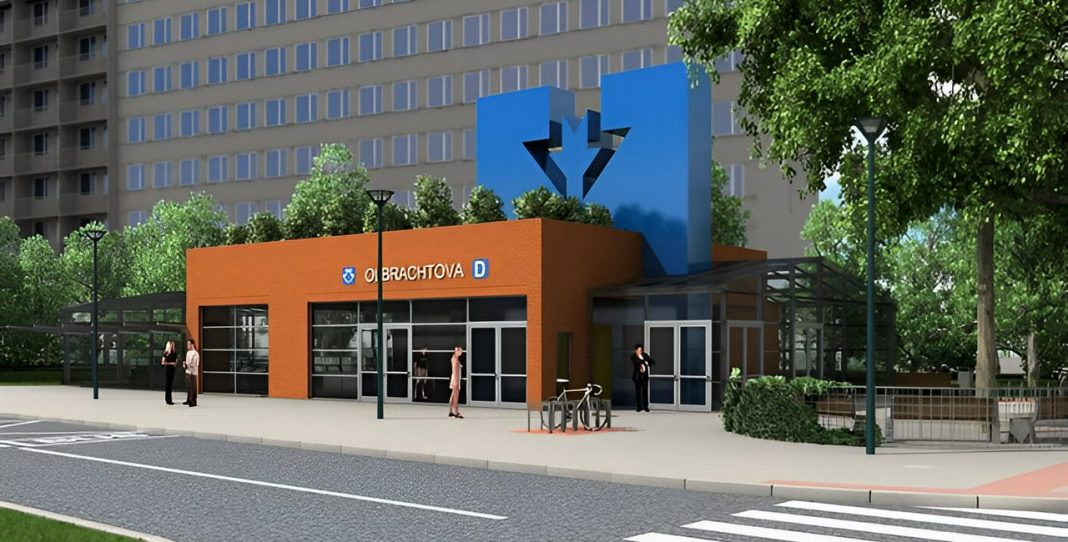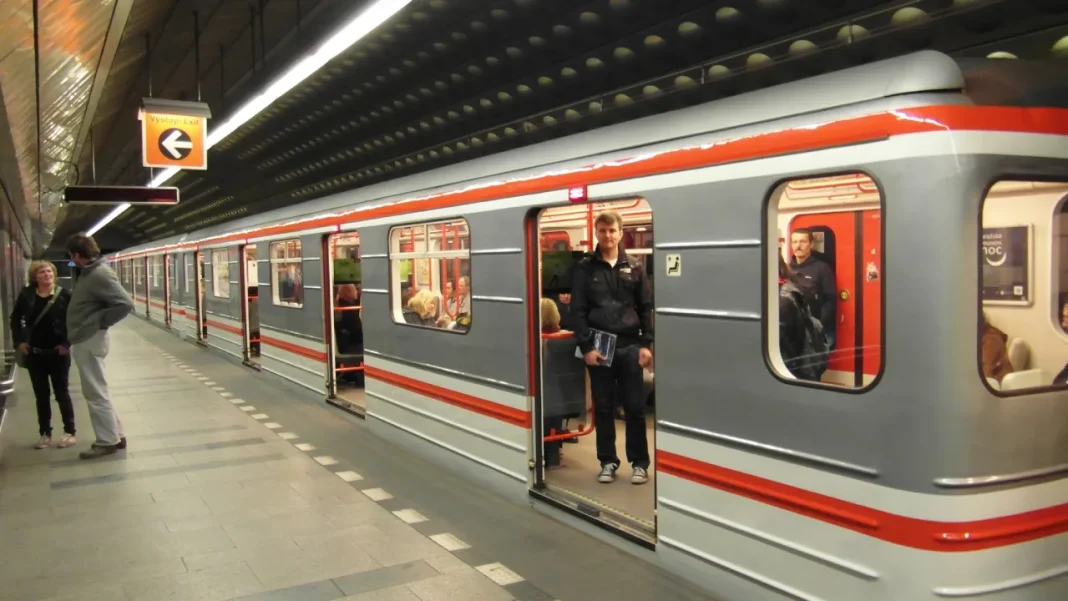As Prague continues to evolve, a spirited debate has arisen over the renaming of its iconic streets. This controversy is not just about changing names on signs; it speaks to deeper cultural and historical narratives that define the city’s identity.
The Historical Context

The streets of Prague are steeped in history, with many named as tributes to significant events and notable figures. However, these commemorations don’t always align with contemporary values or understandings. The post-communist era brought numerous changes to street names, aiming to shed the remnants of an oppressive past. However, questions remain about whose history is represented and who is left out.
This historical context provides a foundation for understanding the current debate. As Prague’s demographics and societal values shift, there is an increasing push to ensure street names reflect a wider spectrum of influence, honoring those who have shaped Czech culture and politics in meaningful ways.
Public Sentiment and Participation

The debate surrounding street renaming is a highly public affair, capturing the attention of local residents and policymakers alike. Many citizens feel a personal connection to their street names, often associating them with local identity and community. As public forums and consultations become more common, Prague residents are actively engaging in discussions about which figures and events should be commemorated.
This active participation in civic decisions underscores the public’s desire to preserve a collective historical consciousness, while also moving towards a more inclusive representation of Prague’s rich tapestry of stories.
Political and Cultural Implications

The decision to rename streets is not merely a bureaucratic exercise; it carries significant political and cultural weight. Renaming can be seen as a political statement, endorsing certain historical narratives over others and, at times, sparking controversy among contrasting political ideologies.
Cultural implications also abound as the renaming of streets brings to the fore discussions about identity and memory. These changes can foster a sense of pride and belonging or, conversely, incite resistance and discontent among those who feel their history is being erased or marginalized.
The Future of Street Names in Prague

Looking ahead, the future of Prague’s street names remains uncertain but promising. Authorities are tasked with navigating a complex web of historical accuracy and contemporary relevance. As the city grows and diversifies, so too must its reflections in public spaces.
Citizens and officials alike are challenged to find a balance between honoring the past and celebrating future potential. This ongoing conversation about street names signifies a broader movement towards inclusivity and reflection of Prague’s dynamic identity.
In conclusion, the debate over street renaming in Prague is a window into larger discussions about identity, history, and progress. As this dialogue continues, it promises to reveal much about the city’s evolving cultural landscape.





